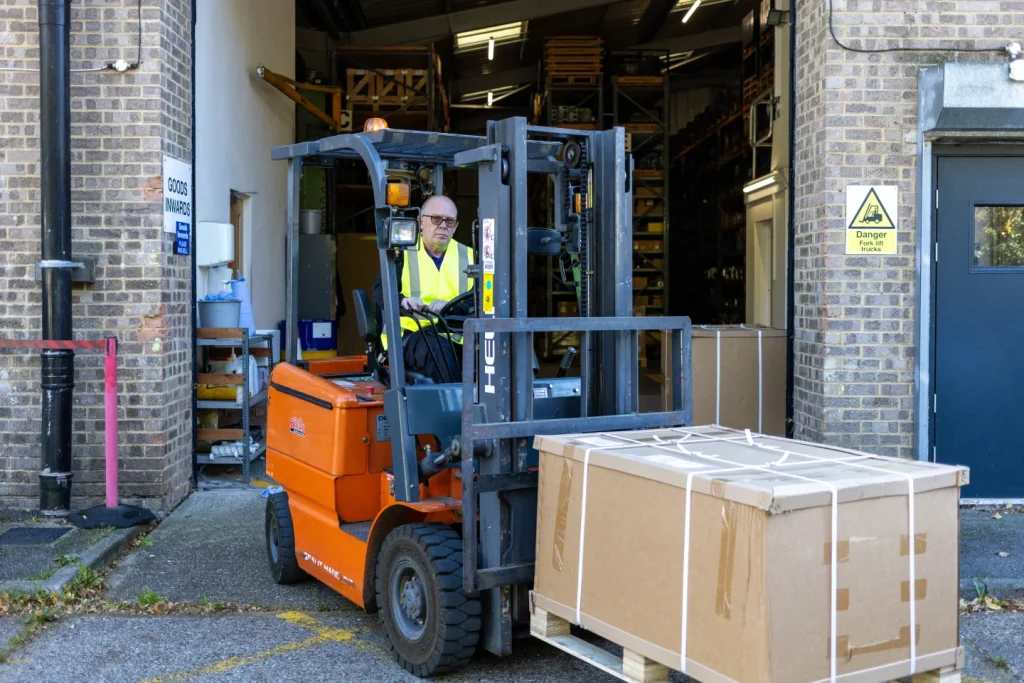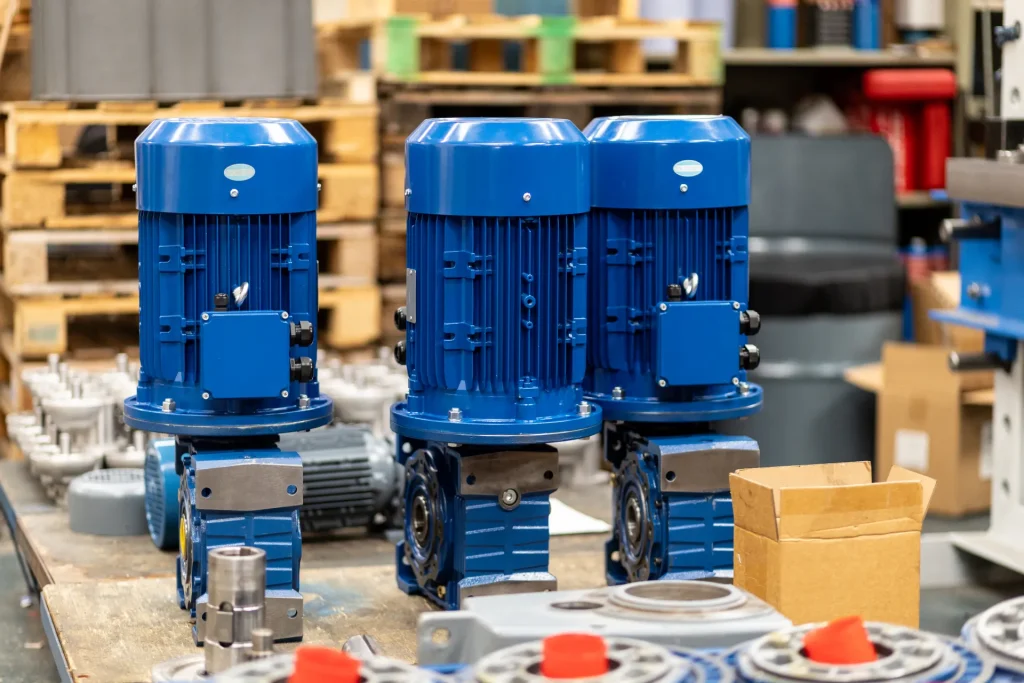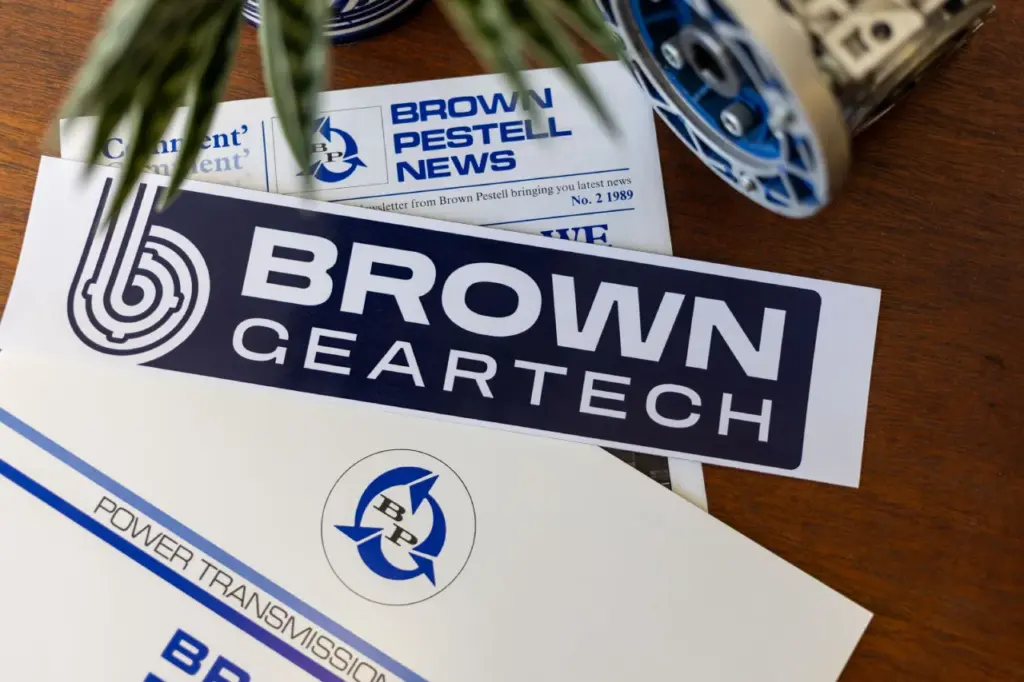Precision, reliability, and local expertise for long-lasting performance
British engineering has a long-standing reputation for quality, precision, and durability. For OEMs working in mission-critical industries, that reputation isn’t just history, it’s reassurance that operations will run smoothly when downtime isn’t an option. The origin of an industrial gearbox matters because it signals both robust design and access to expert support.
The strength of UK gearbox manufacturing
The UK industrial gearbox sector combines decades of experience with ongoing innovation. Collaboration between research institutions, universities, and manufacturers has led to smarter materials, advanced designs, and digital monitoring technologies. This culture of continuous improvement helps ensure UK-made gearboxes are reliable, efficient, and built to last.
From food processing lines to recycling plants, quarries, logistics, and water treatment, British-made gearboxes are trusted to keep operations moving, often in environments where reliability is non-negotiable.
Practical benefits of sourcing gearboxes locally
Working with a UK gearbox manufacturer offers OEMs more than a product; it provides tangible advantages that improve operational efficiency:
- Faster lead times – quicker delivery for replacements or new units
- Direct technical support – faster responses when specifications change or troubleshooting is needed
- Supply chain resilience – reduced reliance on overseas components minimises delays or disruption
As our Sales Director Nichola Adshead explains:
“Working with local suppliers isn’t just about speed. It’s about knowing the people behind the gearbox. We’re here to help engineers solve problems before they become downtime issues.”
Designing industrial gearboxes for reliability
Experience shows that reliable gearbox performance is built into the design from the start. Key considerations include:
- Load and duty cycle planning – anticipating peak torque, continuous operation, and environmental stresses
- Material and seal selection – ensuring longevity in dusty, wet, or high-temperature environments
- Maintenance guidance – practical advice to prevent unexpected failures
These insights come from hands-on experience, including inspecting and repairing gearboxes returned from the field. Understanding what causes wear or failure informs better design and smarter maintenance strategies.
Tips for OEM engineers specifying industrial gearboxes
To optimise reliability and reduce downtime, engineers should:
- Confirm lead times and supply chain robustness
- Check access to local technical support
- Ensure compliance with British and European standards
- Consider co-design or bespoke gearbox options
- Review reliability history from similar applications
Planning around these factors helps engineers avoid costly downtime, extend gearbox life, and maintain operational efficiency.
Partnering with trusted UK gearbox manufacturers
Choosing a British-made gearbox is more than a procurement decision. It’s a strategic move that combines precision engineering with practical expertise. Local suppliers provide advice, troubleshooting, and support from people who understand both the product and the operational challenges engineers face.
As Nichola adds: “Even small design choices, like the type of oil seal or bearing, can have a huge impact over a gearbox’s lifetime. Our goal is to share that knowledge so OEMs can make informed, confident decisions.”
By applying these lessons, engineers can specify gearboxes that perform reliably, reduce maintenance needs, and stand the test of time.
If you’re specifying or upgrading an industrial gearbox for a mission-critical application, use these insights as a checklist when comparing suppliers. For more detailed guidance, our engineering team regularly shares practical advice on gearbox selection, reliability, and maintenance. Explore our resources on designing gearboxes that perform where it matters most.



